
10 Early Warning Signs You’re Being Exposed to Mold Toxicity (Millions Are Exposed Every Day)
Mold is a natural part of our environment, often found in damp, dark, and humid spaces. While some molds are harmless, others can release harmful toxins called mycotoxins, which can lead to serious health problems when inhaled or ingested. Mold toxicity, also known as mold illness or chronic inflammatory response syndrome (CIRS), often goes unnoticed because its symptoms can mimic those of many other illnesses. However, being aware of the early warning signs could protect you from long-term exposure and health consequences.
Here are 10 early warning signs that you might be exposed to mold toxicity:
-
Chronic Fatigue
If you're constantly feeling tired despite getting enough rest, mold exposure might be affecting your immune system and energy production. -
Brain Fog and Memory Issues
Mold toxins can impair cognitive function, leading to difficulty concentrating, poor memory, and confusion. This is often mistaken for stress or aging. -
Sinus Problems and Nasal Congestion
One of the most common symptoms is persistent sinus issues—runny nose, congestion, sneezing, or post-nasal drip. These symptoms often don’t respond to typical allergy treatments. -
Frequent Headaches or Migraines
Toxic mold exposure can cause inflammation and irritation in the body, leading to frequent or severe headaches. -
Coughing and Respiratory Issues
If you're coughing, wheezing, or experiencing shortness of breath indoors, especially in humid or musty environments, mold could be the cause. -
Skin Irritations
Exposure can cause rashes, itching, and redness—especially in people with sensitive skin or allergies. -
Mood Changes and Anxiety
Mold toxicity can affect the nervous system, leading to mood swings, depression, or increased anxiety levels. -
Joint Pain and Muscle Aches
Inflammation caused by mold exposure may result in unexplained aches and pains, even in those without arthritis or physical injury. -
Digestive Problems
Some people develop nausea, bloating, or changes in appetite when exposed to mold toxins, especially if they affect the gut flora. -
Sensitivity to Light and Noise
Neurological symptoms may include increased sensitivity to light or sound, along with dizziness or vertigo.
Why Is Mold Toxicity So Common?
Mold thrives in moist environments, and millions of people are exposed daily without realizing it. Bathrooms, basements, kitchens, and even HVAC systems can harbor hidden mold. Leaks in roofs or pipes, poor ventilation, and flood damage create perfect conditions for mold growth. Often, people ignore the signs of mold until their health deteriorates significantly.
What to Do If You Suspect Mold Exposure
-
Inspect Your Environment: Check your home or workplace for visible mold, musty odors, or water damage. Hiring a professional mold inspector can help identify hidden growth.
-
Get Medical Help: If you’re experiencing any of the above symptoms without a clear cause, talk to a healthcare provider familiar with mold-related illnesses. They may conduct lab tests or recommend detox protocols.
-
Improve Ventilation: Ensure bathrooms, kitchens, and other humid areas are well-ventilated. Use dehumidifiers and fix leaks promptly.
-
Clean and Remove Mold: Small mold patches can often be cleaned with vinegar or specialized products. However, for larger infestations, professional remediation is necessary.
-
Support Detoxification: Drink plenty of water, eat a healthy diet rich in antioxidants, and consider supplements like activated charcoal or glutathione under medical supervision.
Conclusion
Mold toxicity is a serious but often overlooked health threat that affects millions of people every day. Its symptoms can mimic other illnesses, making early detection critical. If you notice multiple signs from this list, it’s important to investigate further and take steps to remove mold from your environment. Your health—and peace of mind—could depend on it.
News in the same category

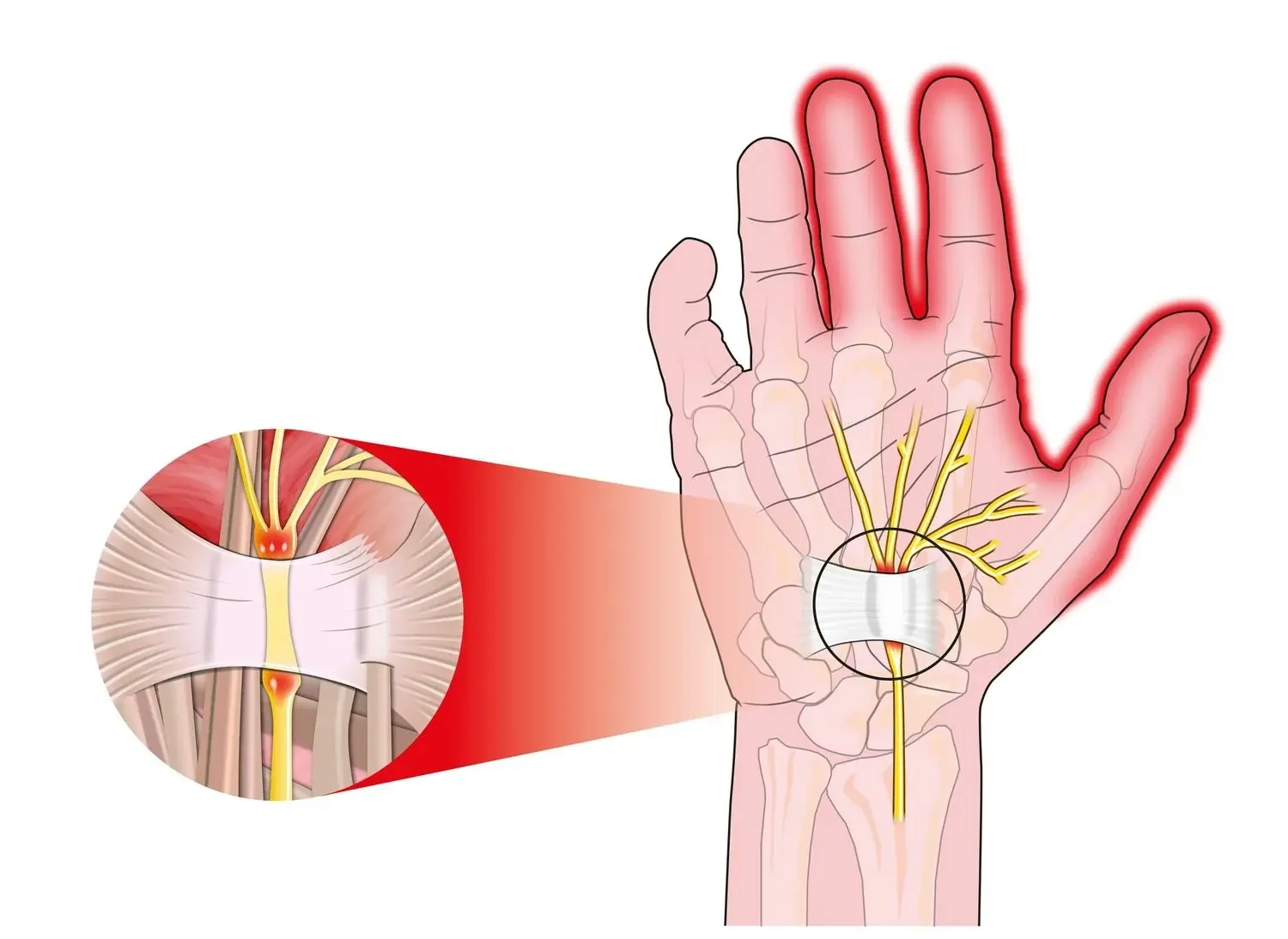
If Your Hands Keep Falling Asleep, It Might Be a Warning Sign of...
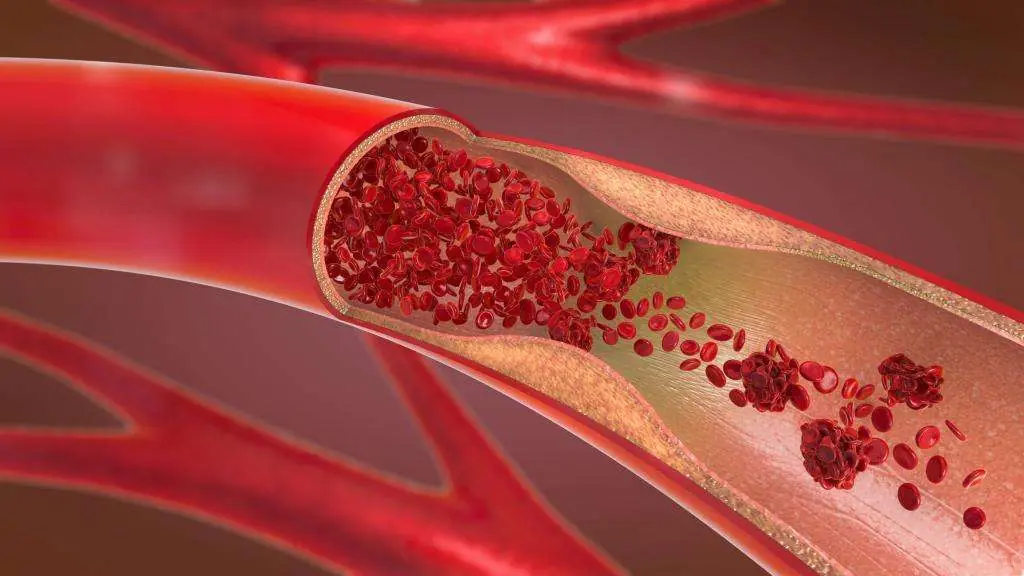
How to Improve Blood Circulation Naturally (Research Based)
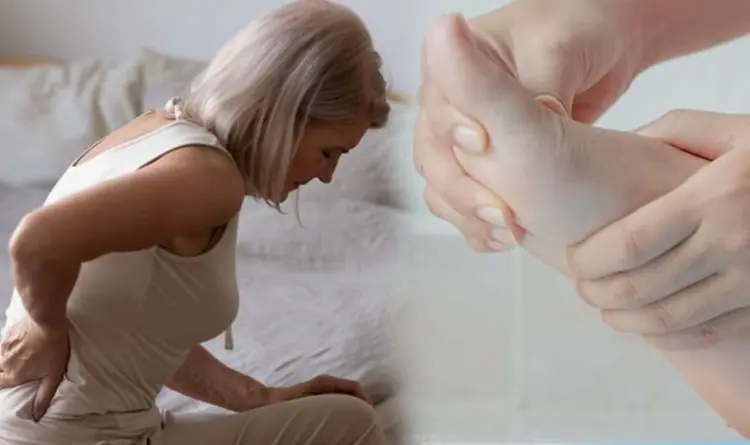
5 Deficiencies Almost Everyone Has (And Doesn’t Know About)

Scientifically Proven Health Benefits of Cayenne Pepper

7 Thing That Happen To Your Body When You Stop Having Intimacy Moments
Taking a break from intimacy doesn’t mean something is wrong. In fact, it can be a time for growth, healing, and self-discovery.

P@rasite Found In Br@in Of 10-Year-Old Girl After Eating Undercooked Meat Leaves Experts Horrified
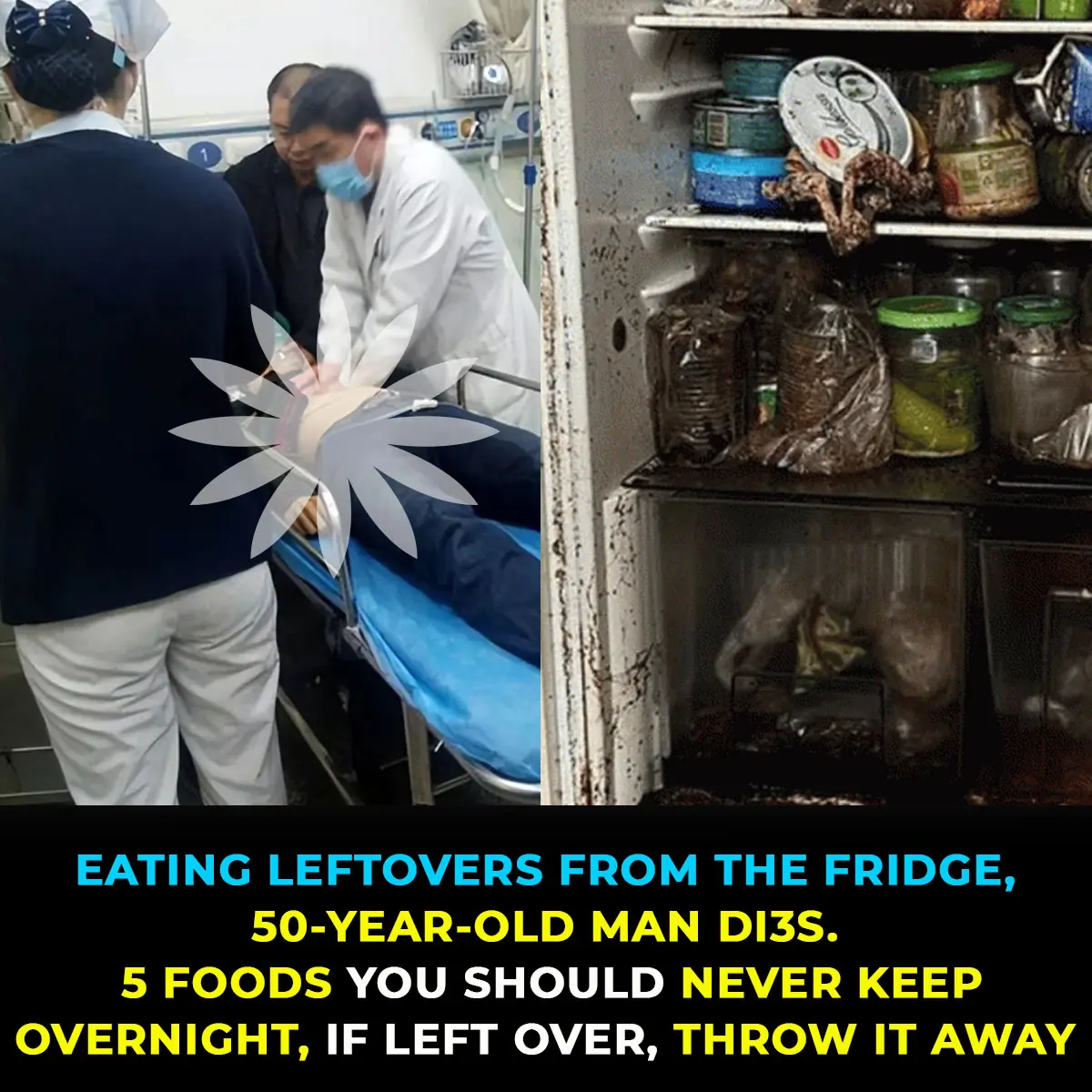
5 Common Foods That Turn Toxic If Left Overnight

The Hidden Meaning Behind Leg-crossing — It’s More Than Just Comfort
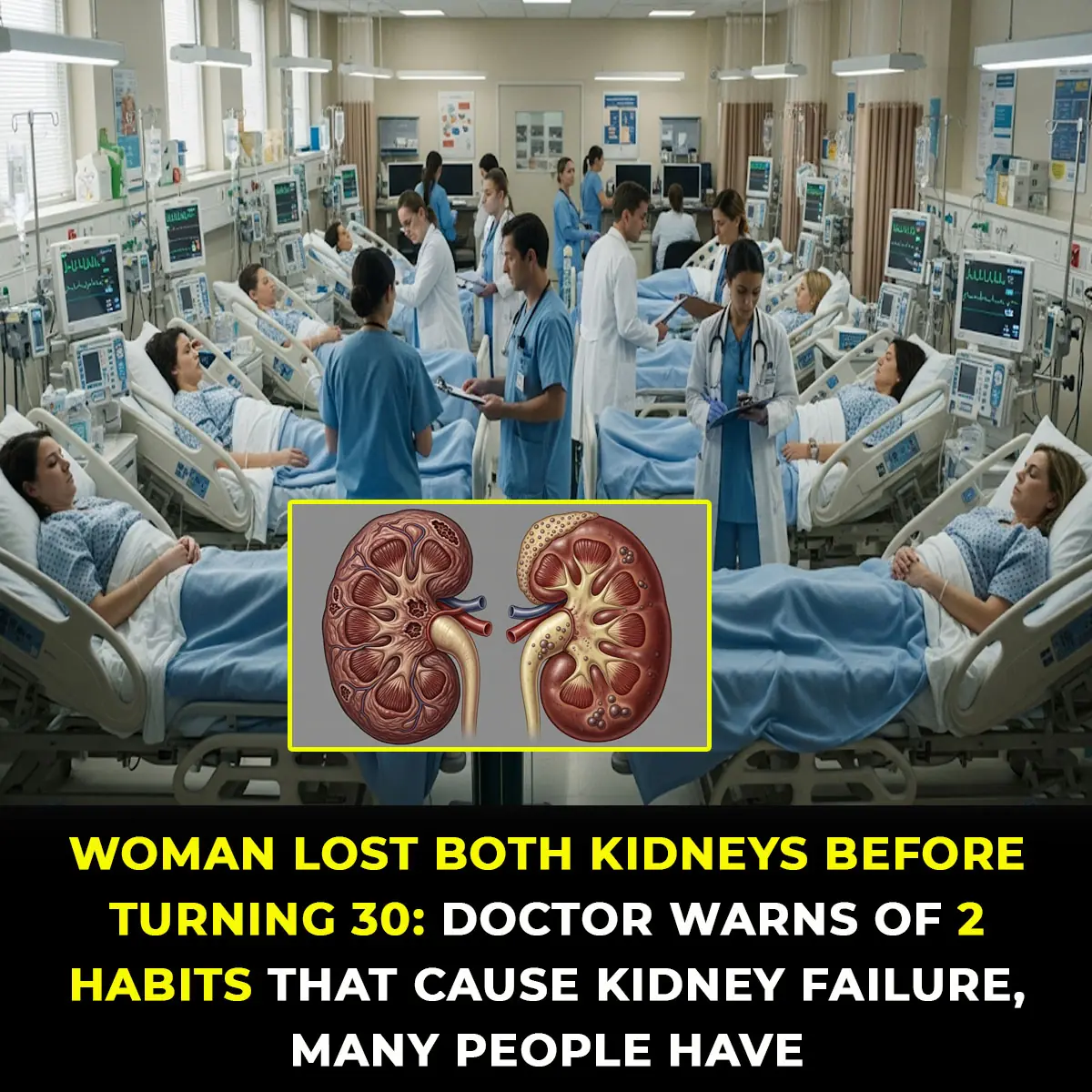
HealthWhy Kidney Failure Is Striking The Young—And How To Stop It

ScienceScientists Found The Hidden Factor Behind the Global Infertility Crisis, And It’s Terrifying

12 Remarkable Health Benefits of Ginger
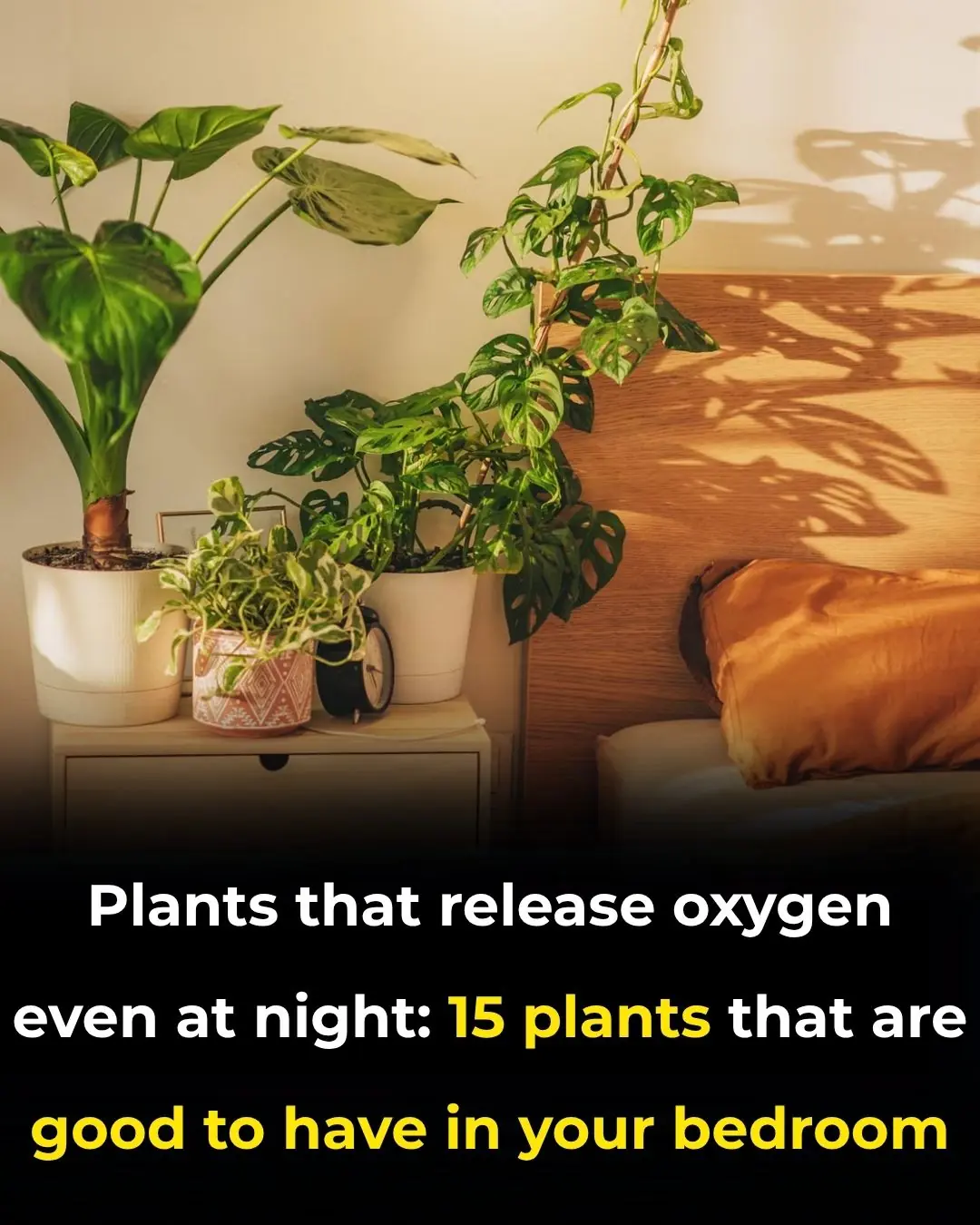
17 Best Bedroom Plants for Clean Air & Low Light – NASA Study
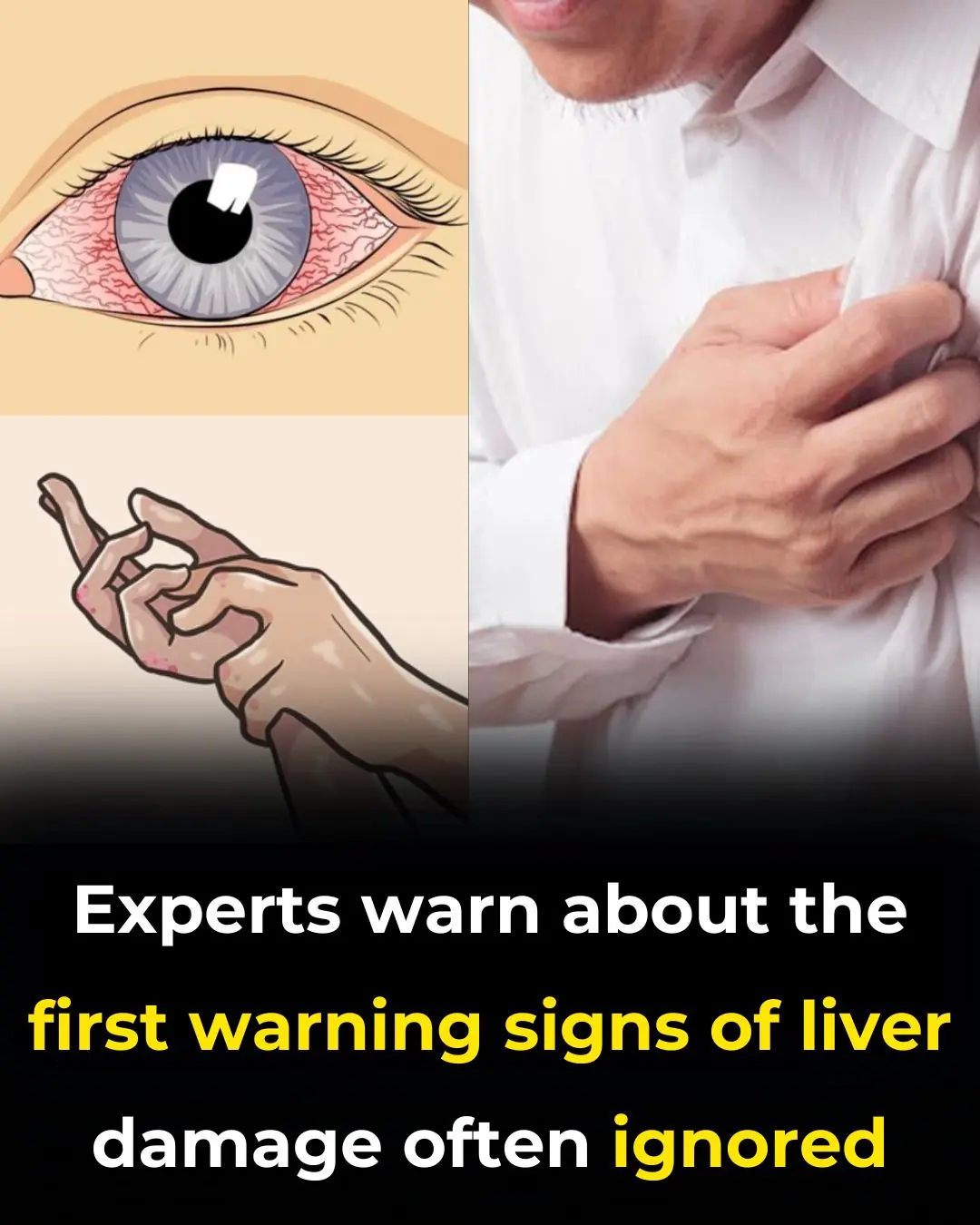
Early Signs of Liver Damage & How to Strengthen Your Liver

'Healthy' man reveals only sign of bowel cancer he noticed in bathroom - and it wasn't bl00d in the loo
When 38-year-old Dave Paxton noticed his stool had turned darker than usual, he had no idea this small sign would lead to a devastating cancer diagnosis—one so rare that only 22 people in the world have ever had it.
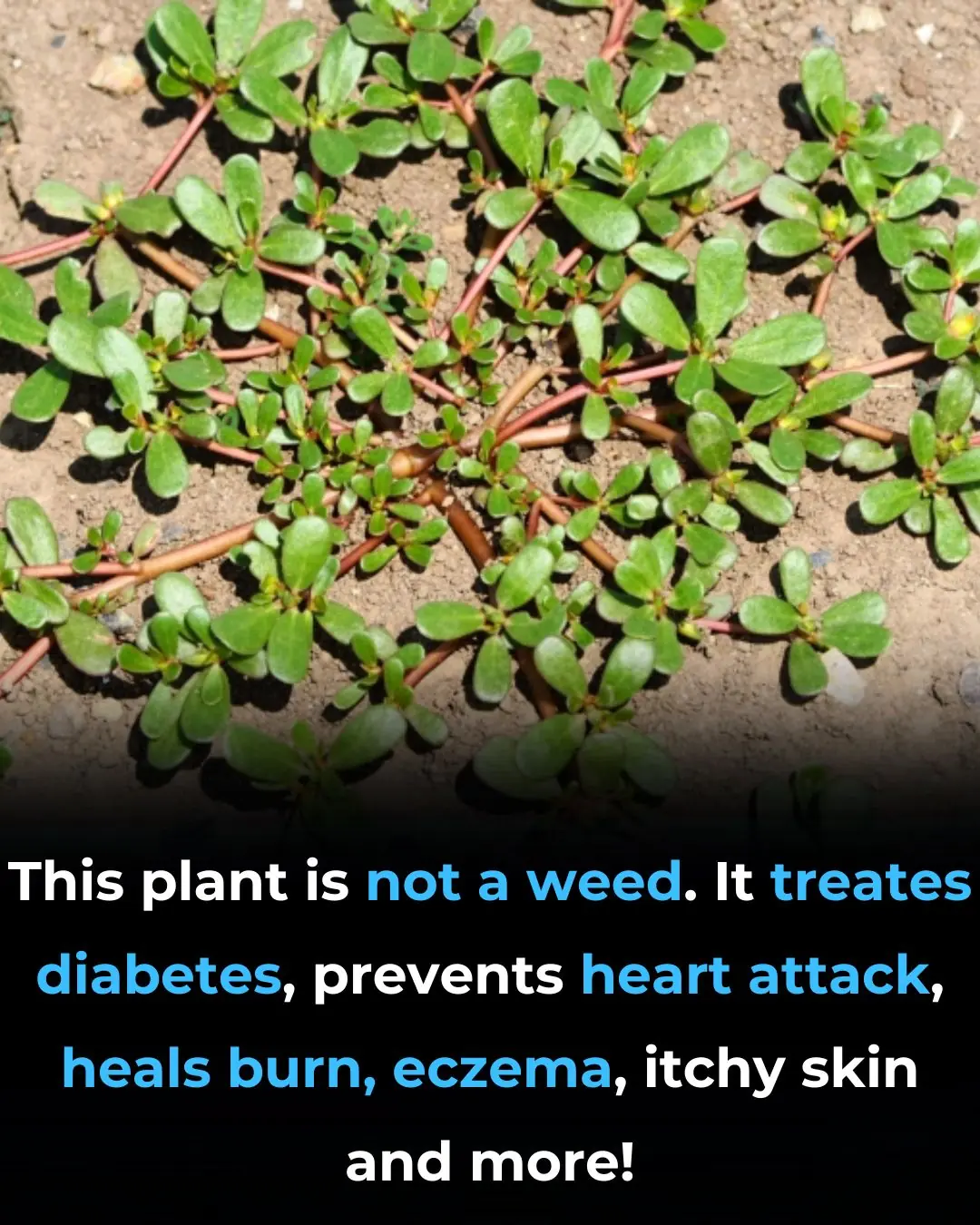
Purslane (Portulaca Oleracea): The Weed with Extraordinary Benefits (Science Based)

Consciousness Is Not Confined to the Brain, But Is Connected To The Whole Universe, Scientists Say

After Surviving 800 Snake Bites, This Man’s Blood Could Be the Universal Antivenom the World’s Been Waiting For

10 Warning Signs It’s Time to Cut Back on Caffeine
News Post

14 Early Warning Signs Your Body Needs Magnesium Immediately and How to Get It

If Your Hands Keep Falling Asleep, It Might Be a Warning Sign of...

British Mom Who 'Died' For 17 Minutes After Workout Shares What She Witnessed

Dealing with 10 Common Bathroom Pests

How to Improve Blood Circulation Naturally (Research Based)

5 Deficiencies Almost Everyone Has (And Doesn’t Know About)

Scientifically Proven Health Benefits of Cayenne Pepper

Free download offered to PlayStation gamers as way to 'make amends'

Chaos following discovery of radioactive wasp nest at former US nuclear weapons site

Beyond the Badge: One Officer’s Journey to Becoming More Than a Uniform.

7 Thing That Happen To Your Body When You Stop Having Intimacy Moments
Taking a break from intimacy doesn’t mean something is wrong. In fact, it can be a time for growth, healing, and self-discovery.

From Suspension to a Second Chance: How One Principal Changed a Life Forever.

The Hawk on the Porch: A Quiet Cry for Help.

I Filed for Divorce After Catching My Husband Cheating – Our Son's Words in Court Left Everyone Speechless

My Selfish Sister Stayed by Mom's Side When She Fell Ill, but Everything Changed after the Doctor Shared Mom's Last Words – Story of the Day

My SIL Gave Me Her Old Armoire and Made Me Pay for Moving It – Then She Came with an Outrageous Demand

The Meteor That Changed Two Lives: A Story of Unlikely Family

P@rasite Found In Br@in Of 10-Year-Old Girl After Eating Undercooked Meat Leaves Experts Horrified
